Whether it's journaling, commonplacing, or copybooks, keeping notes on what you read can be a great way engage with the material and make sure it stays with you after you turn the last page. It can most certainly offer a more human alternative to the worksheet or comprehension question for a student.
But why is that true? What is the purpose of a reading journal, and what kinds of things should we encourage our students to journal about? How do we make sure that even in our journaling we are not "using" literature or disrespecting the author? And where do we start?
Read More